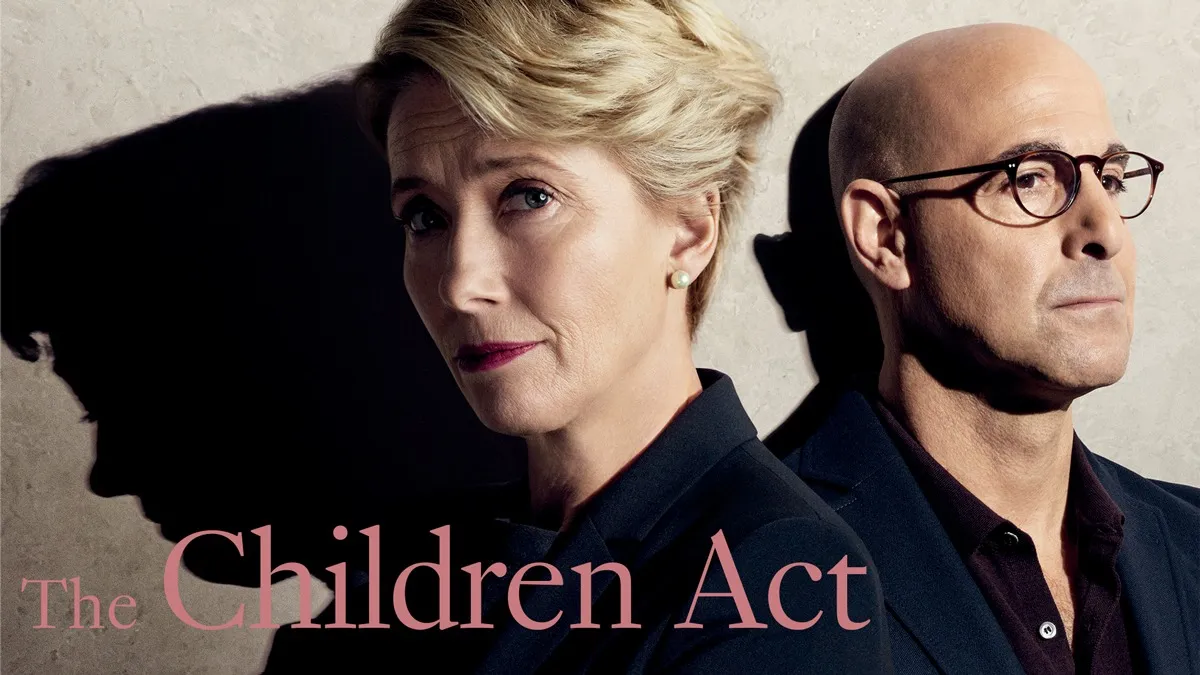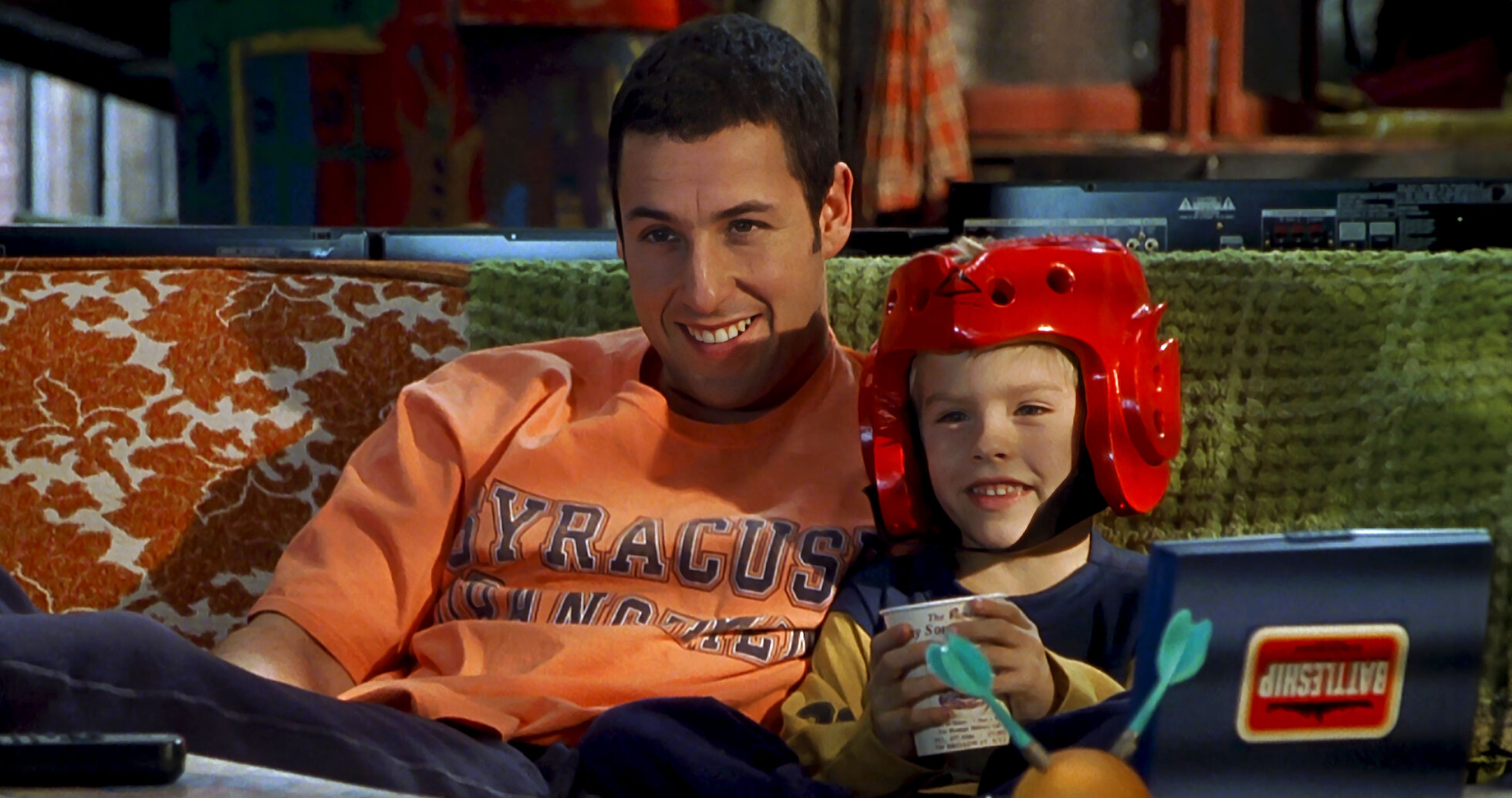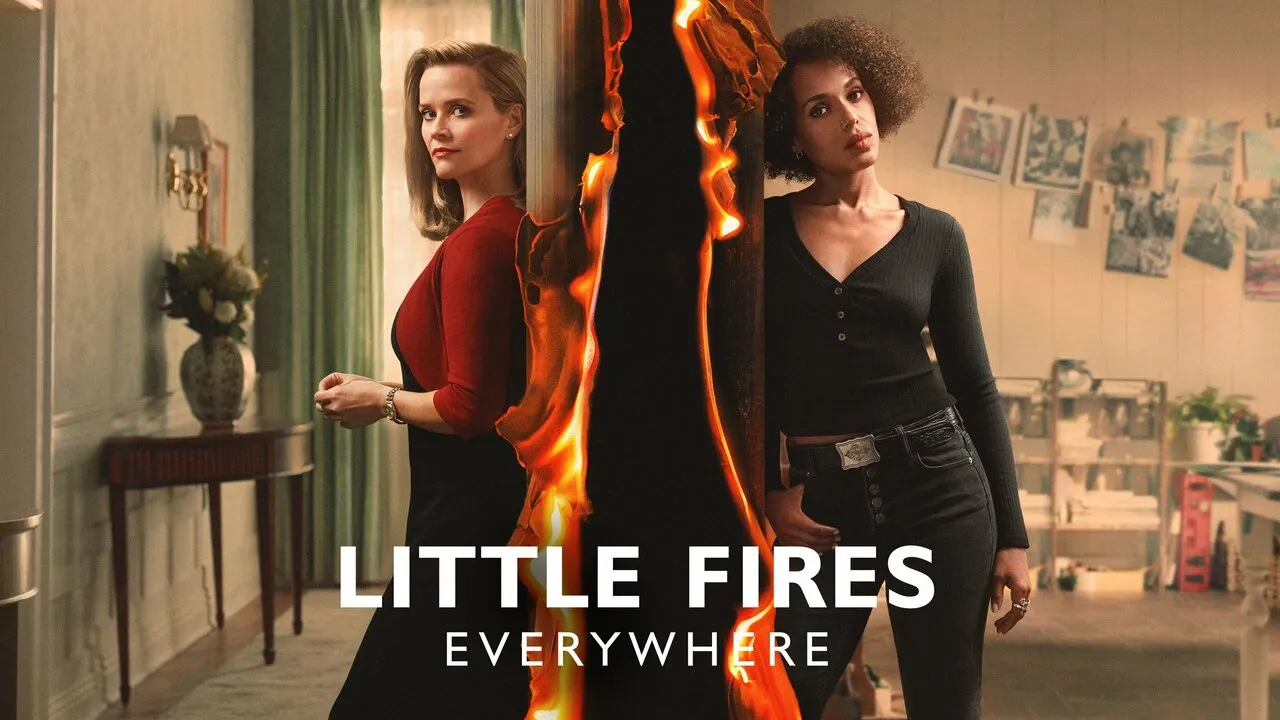Little Disasters: A Haunting Glimpse into Motherhood’s Fragile Edges
Little Disasters isn’t the kind of film that screams for attention. It doesn't rely on flashy cinematography or exaggerated drama. Instead, it creeps under your skin quietly, peeling back the carefully curated layers of motherhood to reveal something far more raw, aching, and real.

Adapted from Sarah Vaughan’s novel, Little Disasters is a psychological drama that follows four women bound by friendship, motherhood, and the silent tensions that come with both. At the center is Jess, a pediatrician and devoted mother, who finds herself in an impossible position when her close friend Liz arrives at the emergency room with a mysteriously injured baby. What begins as a medical case slowly unravels into a complex exploration of maternal identity, guilt, and trust.

The film is not a mystery in the conventional sense. The question is not so much what happened, but why, and how could this happen to someone like her? This emotional puzzle is where the film shines. Jess’s internal conflict as a doctor sworn to protect children—and as a friend who wants to believe in Liz’s innocence—pulls viewers into a painful moral tug-of-war. Every decision Jess makes feels heavy, haunted by fear, love, and doubt.
Director Sarah Gavron masterfully balances restraint and emotional intensity. The camera lingers on small moments—a trembling hand, an unspoken glance, a silent kitchen scene—that speak volumes about the turmoil beneath. The pace is deliberate, allowing us to sit with the characters’ discomfort, to breathe in the unease that simmers just beneath polite conversations and supportive smiles.

What makes Little Disasters truly powerful, though, is its honesty. It doesn’t glamorize motherhood. Instead, it acknowledges the parts we often keep hidden: the exhaustion, the isolation, the crushing pressure to be perfect. Liz’s breakdown is not depicted as an isolated tragedy, but as something that could, under the right (or wrong) circumstances, happen to anyone. The film asks us: how well do we really know the people closest to us? And perhaps more poignantly, how well do we know ourselves when pushed to the edge?

The performances are restrained but deeply moving. The actresses breathe life into their characters, especially the portrayal of Liz, whose vulnerability and confusion are both heart-wrenching and deeply human. Her pain is palpable, but never theatrical; her silence, at times, says more than any line of dialogue could.
In the end, Little Disasters doesn’t offer easy answers. It leaves viewers with a lingering discomfort, a quiet ache. But perhaps that’s its strength. It mirrors the reality of parenthood and friendship—complicated, imperfect, sometimes devastating. It reminds us that even the strongest among us can break, and that sometimes, the bravest thing we can do is admit we’re not okay.
In its quiet intensity, Little Disasters becomes more than just a film. It becomes a mirror, a warning, and perhaps, in some small way, a call for empathy.



